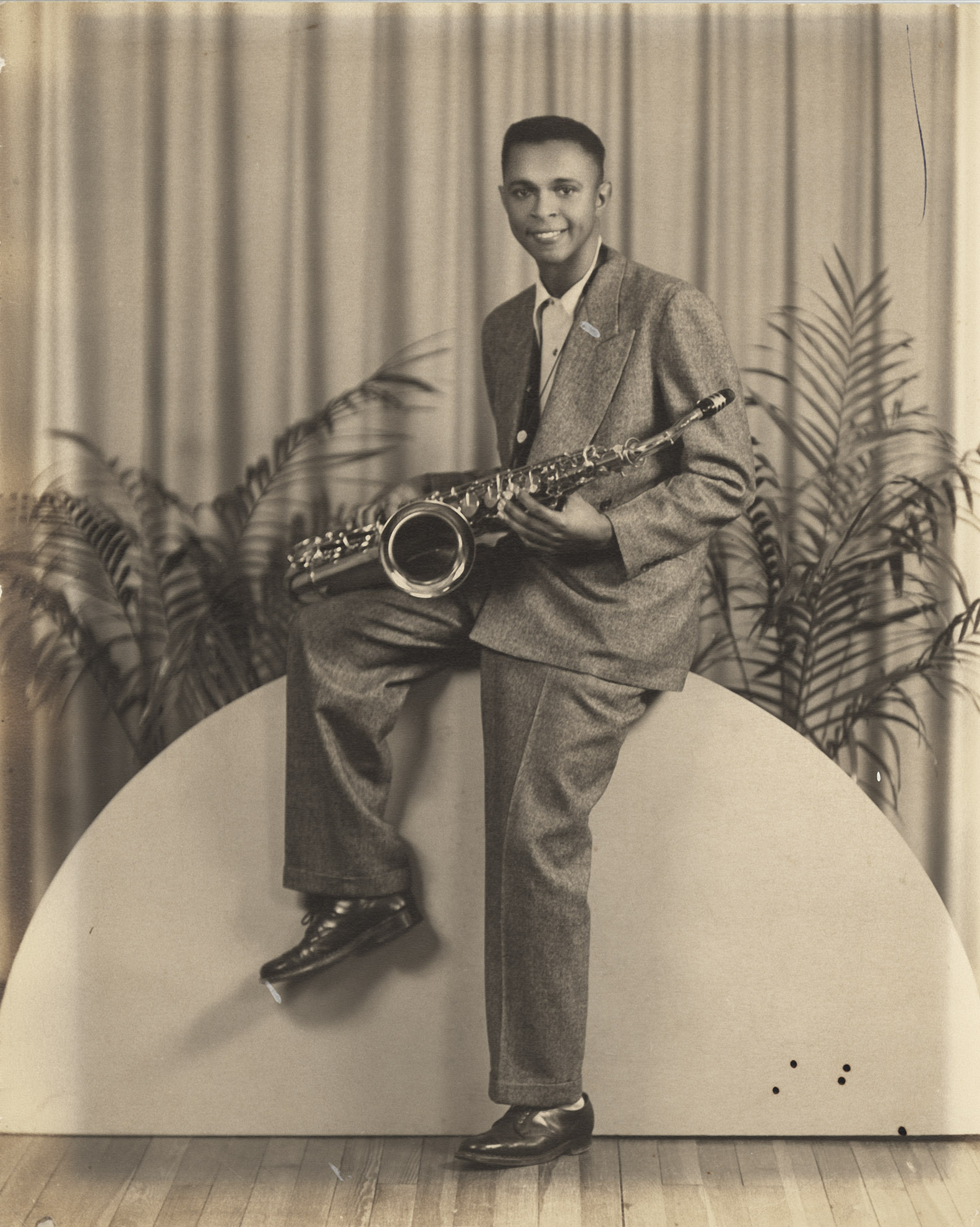Tiyo Attallah Salah-El Papers

While serving a life sentence in a Pennsylvania prison, Tiyo Attallah Salah-El transformed himself into an activist, scholar, and advocate for the abolition of prisons. An accomplished jazz musician, Salah-El has distinguished himself for educational and scholarly work, his musical career, his close relationship with activists and educators, and for the non-profit organization he founded, The Coalition for the Abolition of Prisons (CAP).
The Papers of Tiyo Attallah Salah-El document his experience in the State Correctional Institution in Dallas, Pennsylvania, from 1977 until his death in 2018 at the age of 85, providing information on his education, teaching, and activism. The bulk of the collection consists of his extensive correspondence with educators, musicians, and activists. Other highlights include a manuscript copy of his autobiography and the founding documents of the The Coalition for the Abolition of Prisons.

